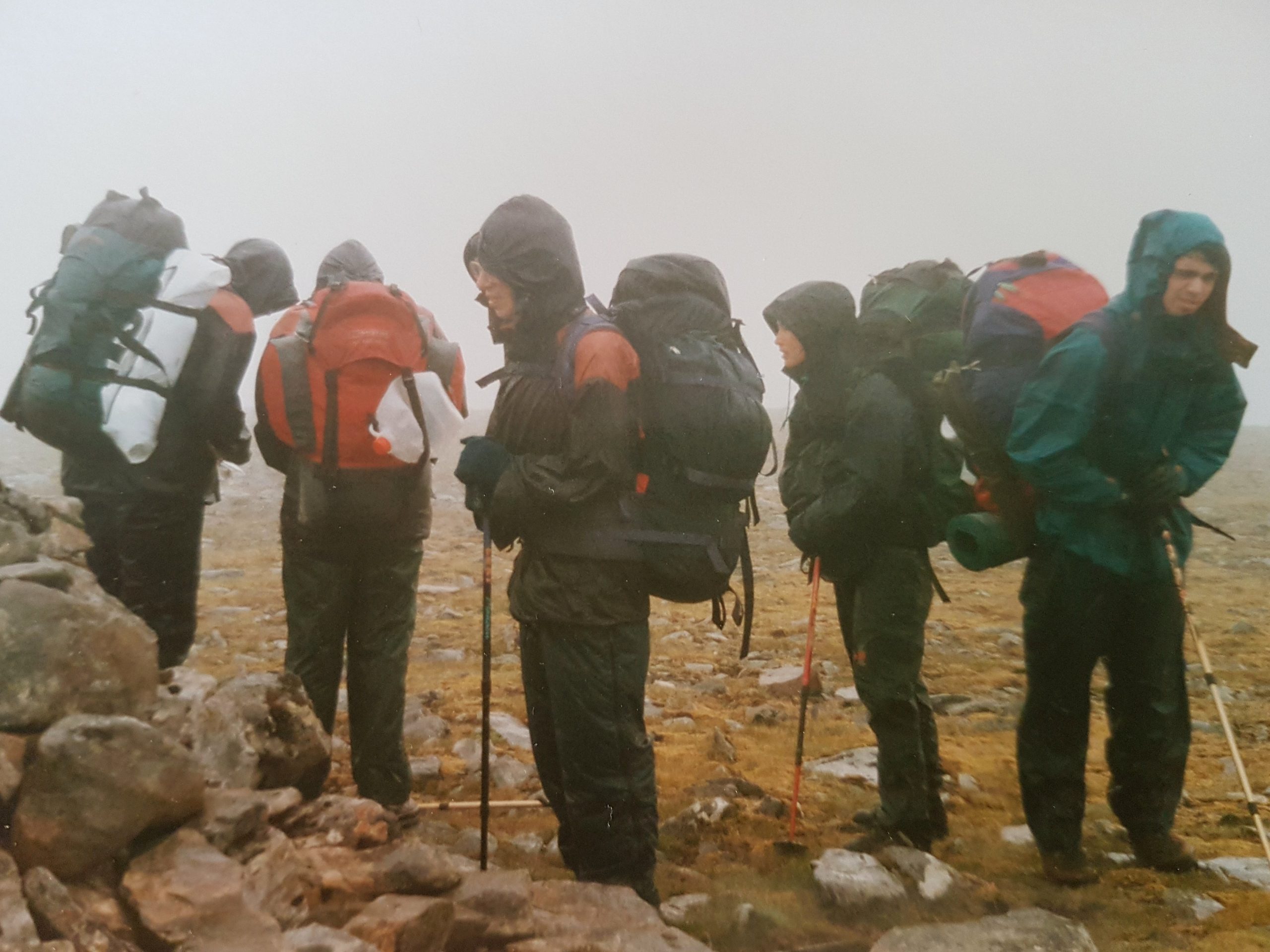For those who are new to backpacking, the thought of what to bring can be daunting. From clothing and equipment to food and water, there is so much to think about.
But with some careful planning and preparation, you can make sure you have everything you need to make your trip enjoyable and successful.
The first thing a beginner should consider is what type of trip they are taking: will it be an overnight or multi-day excursion? Will they be camping in the wilderness or staying in an established campground?
Each type of trip will require different items, so it’s important to plan accordingly.
Clothing is essential for any backpacking trip. Depending on the season and location, you may need to bring a variety of clothing items such as thermal underwear, a rain jacket, hiking boots, socks, hats, gloves and more. It’s also important to have plenty of extra layers for colder nights or unpredictable weather conditions.
Shelter is another essential item for any backpacking trip. If you plan on camping in the wilderness, then a tent is necessary for protection from the elements. For established campgrounds, you may be able to get away with just a tarp or hammock if space allows.
Equipment such as sleeping bags, sleeping pads and backpacks are essential for any overnight excursion. A good rule of thumb is to always go with something lightweight but also durable enough for your needs.
Food & Water should also be taken into consideration when planning a backpacking trip. Pack plenty of snacks and meals that are easy to prepare and require minimal clean up when finished.
Dehydrated meals are great options since they are lightweight and require no refrigeration. Additionally, it’s important to have enough water for your entire trip; aim for at least one gallon per person per day.
Conclusion: When planning a backpacking trip as a beginner, there’s a lot to consider when deciding what gear to bring along. Clothing pieces such as thermal underwear, rain jackets and hiking boots should be chosen based on the season and location of the trip.
Shelter such as tents or tarps must also be taken into consideration depending on where one will be camping overnight. Lastly, food & water should always be brought along with plenty of snacks & meals that require minimal preparation & clean up; as well as at least one gallon of water per person per day. With careful planning & preparation ahead of time these items should ensure an enjoyable & successful experience out on the trails!
10 Related Question Answers Found
A backpacking trip can be a great way to escape the hustle and bustle of daily life. It’s an opportunity to explore new places, take in breathtaking views, and recharge your batteries. With a little bit of planning and preparation, you can enjoy a successful and enjoyable backpacking adventure.
Backpacking is an exciting and fulfilling way to explore the world. It immerses you in cultures, landscapes, and experiences that would otherwise remain out of reach. It’s also a great opportunity to learn more about yourself and challenge yourself in ways that no other activity can.
When planning a backpacking trip, it is essential to make sure you bring the right items. A backpacking trip can be a great way to explore the outdoors, but being prepared is key. To ensure an enjoyable and safe trip, here are some things to consider bringing along.
Backpacking is a great way to explore the world and to experience different cultures and landscapes. It can be a rewarding and enriching experience, but it can also be intimidating and overwhelming if you’ve never done it before. So, how do you go about getting started?
Backpacking is an exhilarating experience that allows you to explore the world on your own terms. Whether you’re setting out for a few weeks or an entire summer, the essentials for backpacking remain the same. Preparing for your journey and having the right gear can make all the difference between an amazing adventure and a miserable one.
Backpacking is a great way to explore the world and have an adventure that you’ll never forget. Whether you’re a seasoned traveler or a beginner, backpacking can be an exciting and rewarding way to experience the world and its people. Gather Information: Before you can get started backpacking, you’ll need to do some research.
Backpacking is an exciting and rewarding way to travel the world. It allows you to explore different cultures and landscapes without breaking the bank. From the beaches of Thailand to the mountains of Nepal, there’s something for everyone.
Backpacking is an incredibly rewarding experience that can take people to some of the most incredible places in the world. It’s a great way to explore, disconnect from technology and experience something completely different. But it can also be intimidating for a beginner.
Backpacking trips are an amazing way to explore the world and take in new sights, sounds, and experiences. Whether you’re planning a trip around the world or just a weekend adventure, backpacking can be an incredibly rewarding experience. But before you hit the road, you’ll need to do some planning and preparation.
Taking a toddler backpacking can be an exhilarating experience. It’s a great way to introduce your child to the outdoors and expose them to new things. Plus, it’s a great way to make family memories that will last a lifetime.

